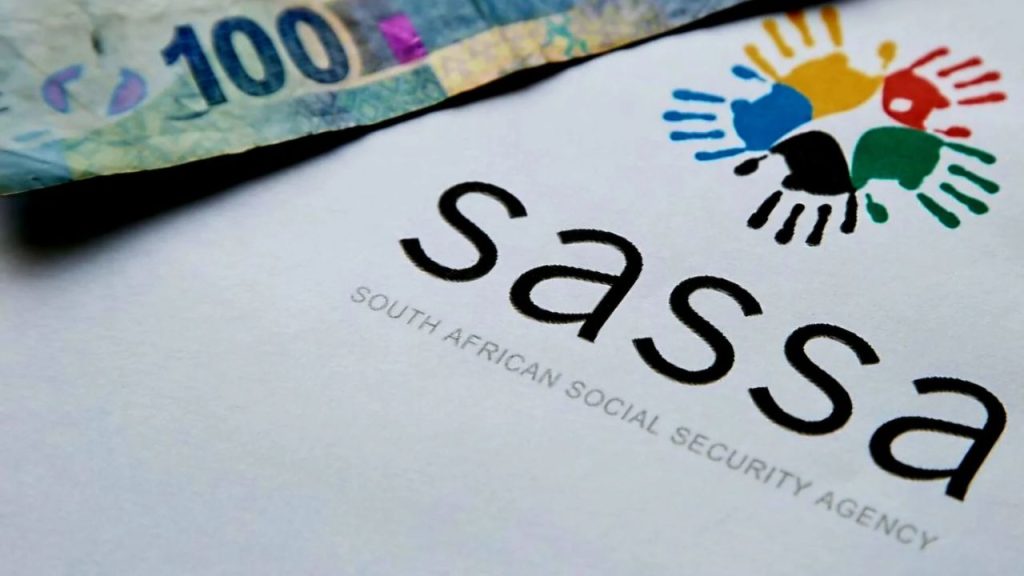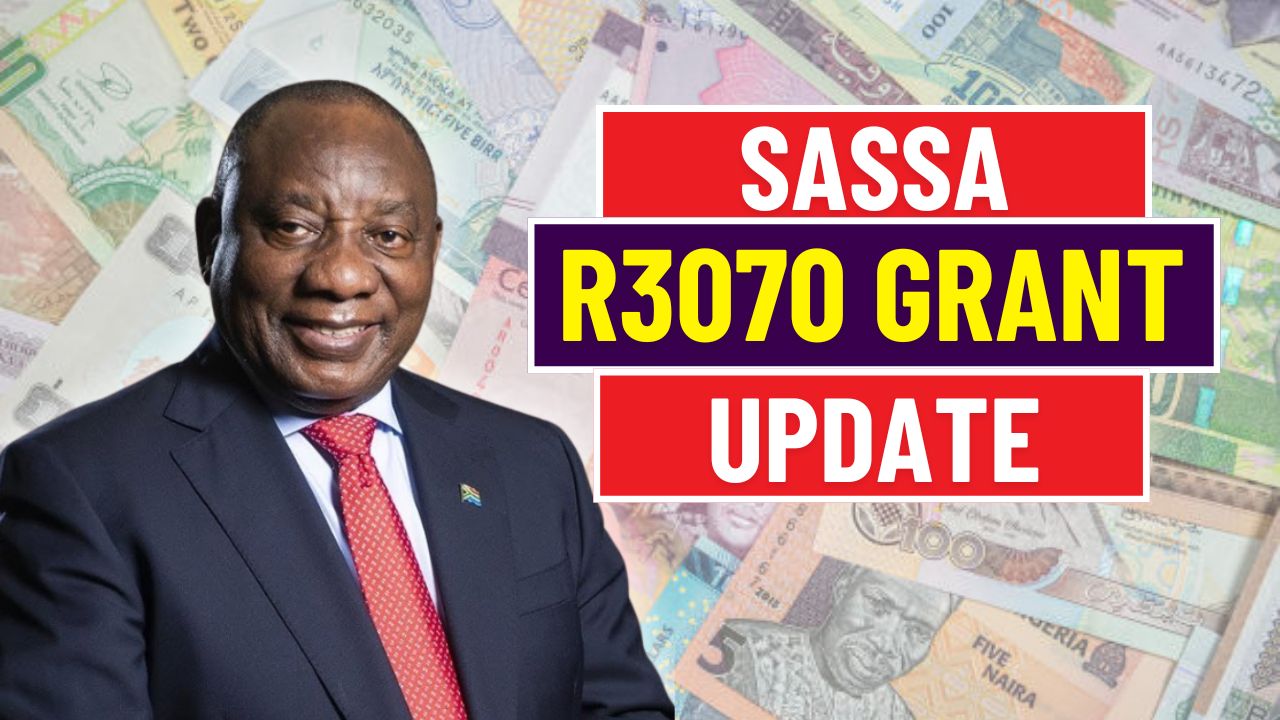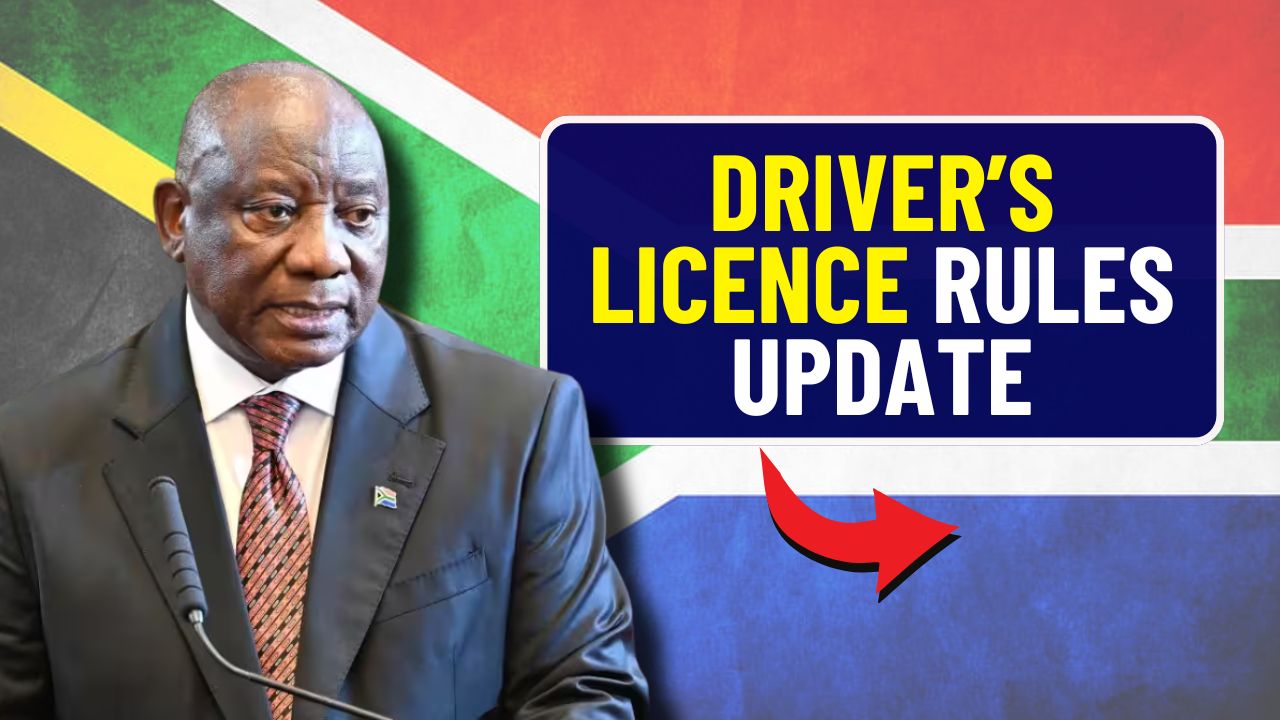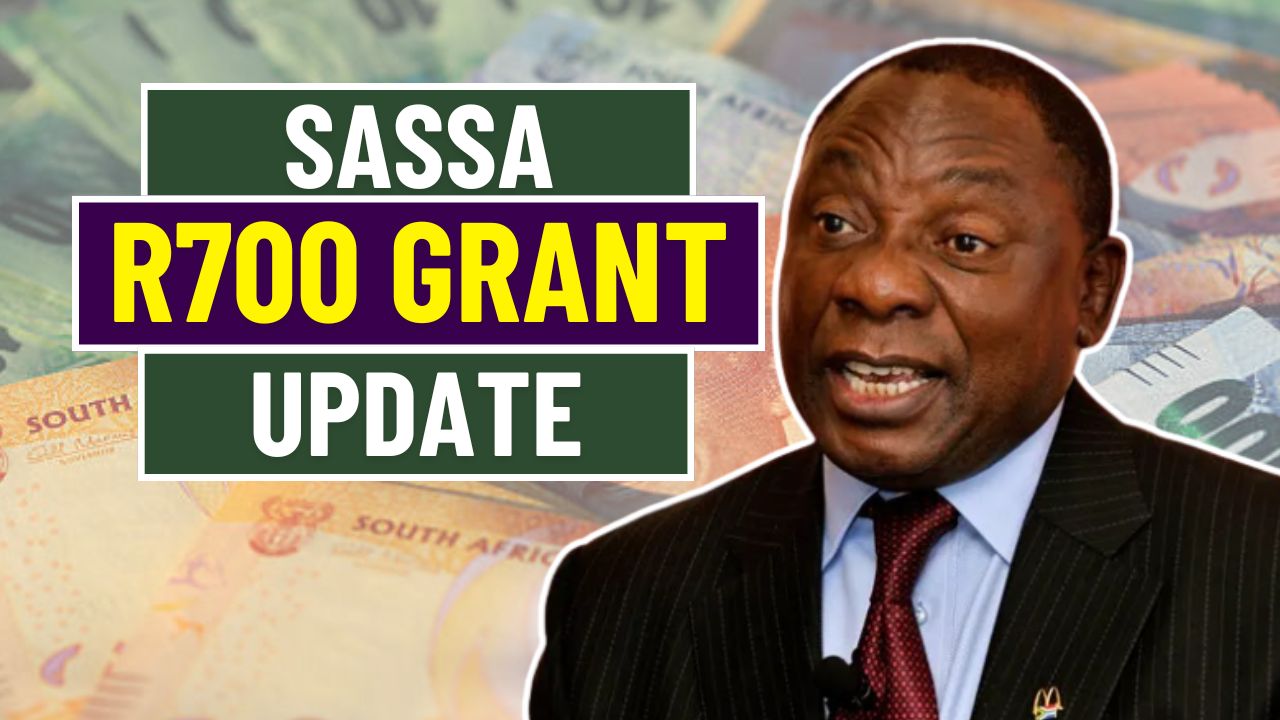The South African Social Security Agency (SASSA) rolled out a new and mandatory verification system for all applicants of the R370 Social Relief of Distress (SRD) Grant. This upgraded process is part of a broader digital transformation aimed at improving the accuracy and efficiency of identifying eligible grant recipients, especially amid growing concerns over fraud and duplication.
Table of Contents
A Tech-Driven Response to Financial Oversight
South Africa has recently faced increased pressure to manage public funds more effectively. Although raising the Value Added Tax (VAT) was considered, it was struck down by a court ruling. In response, SASSA introduced a digitally enhanced verification model to ensure every applicant is properly authenticated without breaching legal budget constraints. The implementation focuses on high-tech, identity-focused screening to keep fraud at bay while distributing grants to the rightful recipients.
Biometric Checks and Selfie Verification Take Center Stage
The revamped verification process now mandates that new SRD R370 grant applicants undergo biometric checks, including the submission of a real-time selfie photo via smartphone. This image is then digitally cross-referenced with national identity databases. Applicants are also required to use only smart ID cards outdated green barcoded ID booklets are no longer accepted. The verification data must be submitted online, requiring reliable mobile internet access.
The Motivation Behind the Digital Overhaul
SASSA’s updated process is primarily aimed at curbing false applications, identity fraud, and multiple claims from the same individuals. With social grant fraud draining public resources in the past, this verification system was seen as a safeguard to restore public confidence and operational integrity. However, despite its well-intentioned goals, some concerns have emerged about its inclusiveness, particularly for those in rural or underserved areas.
Mandatory Documents and Tech Requirements for Applicants

Before initiating the online verification steps, applicants need to prepare specific items. These include a smartphone with a functioning camera and internet, a valid smart ID card, and access to the official SASSA verification platform. A distraction-free environment is also recommended to ensure the selfie and uploads are clear and accepted. Missing any of these essentials could result in application rejection or extended delays.
Green ID Booklets Phased Out in New Protocol
A major change that has sparked concern is the rejection of green barcoded ID booklets. These booklets, used by many South Africans for decades, no longer meet the security standards required by the new biometric system. Applicants without a smart ID card are strongly encouraged to visit the Department of Home Affairs to apply for an upgrade. Until the new ID is received, affected individuals cannot complete the verification and will face a hold on their application.
Civil Groups Raise Red Flags Over Access and Fairness
The launch of this digital system has drawn criticism from civil rights organisations, which argue that it might unintentionally exclude the very people it is meant to help. Many South Africans do not own smartphones or have stable internet access, particularly those in remote regions. Furthermore, the long wait times for smart ID cards at Home Affairs only compound the issue. These technological and bureaucratic obstacles risk undermining the core purpose of the SRD grant.
New Verification Targets New and Returning Applicants
This system currently applies only to new applicants or those whose previous grant cycles have ended and wish to reapply. Existing SRD grant recipients are exempt from the verification process for now but may be asked to comply with the new system later in the year. The phased approach suggests SASSA is testing the waters before implementing the system universally across all beneficiaries.
Appeals, Legal Loopholes, and Government Standpoint
Despite the High Court ruling in January 2025 that applicants cannot be denied based on budgetary issues alone, SASSA has proceeded with this digital system, arguing that it complies with the law and enhances the distribution process. The agency has appealed the court decision, and while the case remains pending, it continues to push the new system as a proactive solution to rising grant demands.
Delays and Consequences for Non-Verification
Failure to complete the verification process results in an applicant’s status being flagged as “not verified,” and no payment will be issued for that month. However, there is flexibility to retry the steps without a strict deadline. SASSA advises applicants to act swiftly to prevent delays in disbursement. Until verification is complete, the application remains inactive, and no financial support is provided.
SASSA’s 2025 verification revamp signals a major shift toward technology-based social welfare distribution. While the move enhances data security and aims to stop fraud, it also presents significant accessibility challenges. As the government works to refine the process, it remains critical that solutions are found to ensure no deserving applicant is left behind in the digital transition.





